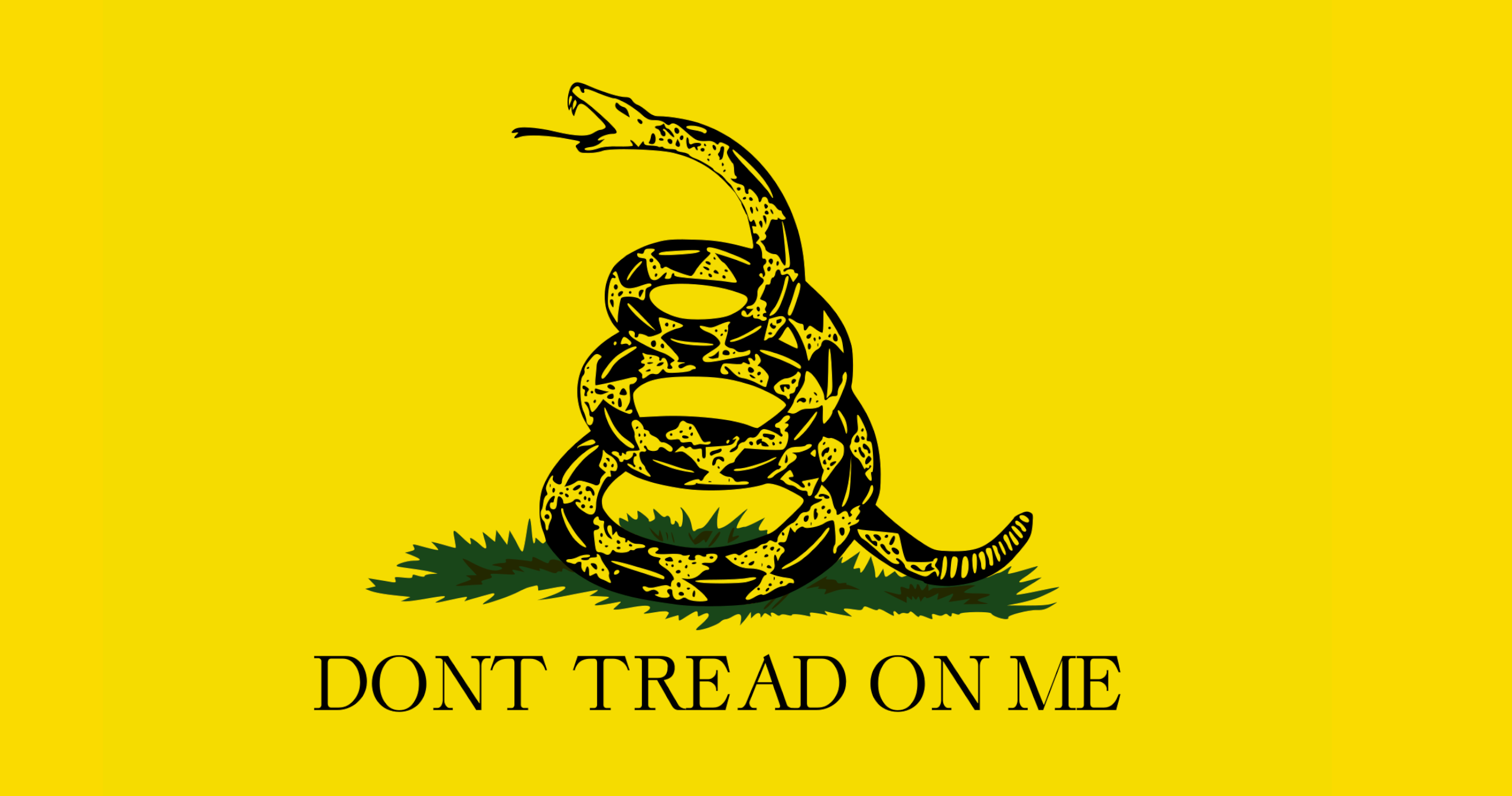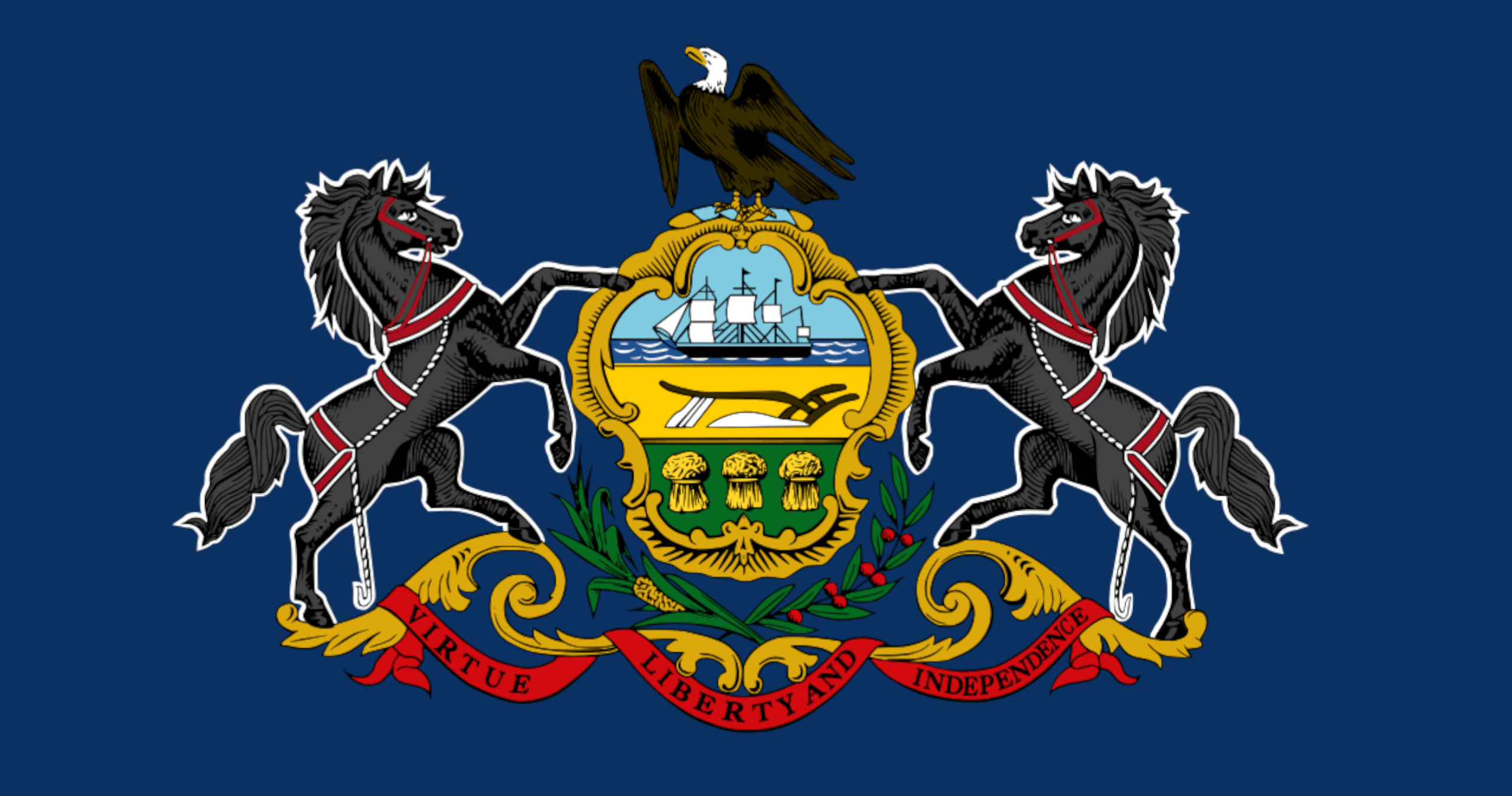Understanding the Laws in Play
Let’s examine some of the relevant laws impacting this situation.
According to the Barrett Township Zoning Ordinance,
- 188-22 Savings Clause:
This article shall not be construed to prohibit normal agricultural operations as defined by the act of June 10, 1982 (P.L. 454, No. 133), known as the "Act Protecting Agricultural Operations From Nuisance Suits and Ordinances," commonly referred to as the Pennsylvania "Right to Farm" Law.
[Editor’s Note: See 3 P.S. § 951 et seq.]
The Pennsylvania Right to Farm Law
The full text of Section 951 states:
It is the declared policy of the Commonwealth to conserve, protect, and encourage the development and improvement of its agricultural land for the production of food and other agricultural products. When nonagricultural land uses extend into agricultural areas, agricultural operations often become the subject of nuisance suits and ordinances. As a result, agricultural operations are sometimes forced to cease operations, discouraging others from making investments in farm improvements. This act aims to reduce the loss to the Commonwealth of its agricultural resources by limiting the circumstances under which agricultural operations may be subject to nuisance suits and ordinances.
(3 P.S. § 951; 1982, June 10, P.L. 454, No. 133, § 1, effective in 60 days.)
Source for Section 951: Pennsylvania Statutes
Related Legislation
Additionally, HB 1646 Omnibus Amendments provide for a prohibition against unauthorized local government actions. This legislation establishes a cause of action for the unauthorized enactment or enforcement of local ordinances governing normal agricultural operations.
Act 38 of 2005 (also known as the Agriculture, Communities and Rural Environment (ACRE) Act) amended Title 3 of the Pennsylvania Consolidated Statutes (3 PA.C.S.) to protect agricultural operations from local ordinances that violate state law. This includes:
- Prohibiting local governments from enacting or enforcing ordinances that limit or prohibit normal agricultural operations.
- Restricting the ownership structure of those operations.
The Gray Area of Agricultural Operations
The pressing question moving forward is: What constitutes normal agricultural operations?
If your property exceeds 10 acres, it is likely already classified as agricultural. However, if you have less than 10 acres, we enter a gray area. For instance, is a backyard flock of chickens considered agricultural?
The significance of the "Right to Farm" Law in Pennsylvania cannot be overstated. It aims to protect and encourage agricultural land for food production, limiting the circumstances under which agricultural operations can become the subject of nuisance suits and ordinances. Our local zoning ordinance echoes this sentiment, containing a "savings clause" that reinforces the protection of normal agricultural operations.
Exceptions for Small-Scale Farmers Under the Right to Farm Act
For property owners with less than 10 acres, Pennsylvania's Right to Farm Act (RTFA) outlines specific criteria to qualify as a recognized agricultural operation. These guidelines provide protection from certain municipal restrictions, supporting sustainable small-scale farming. Key requirements include:
- Size and Income Threshold: According to Title 26, an "Agricultural Operation" is defined as a commercial entity with an anticipated yearly gross income of at least $10,000. This income threshold allows operations on less than 10 acres to qualify under the RTFA.
- Operational History: The farm must have been operating for a minimum of one year.
- Standard Agricultural Activities: The RTFA considers “normal agricultural operations” as those involving typical practices, equipment, and procedures used in producing and preparing crops, livestock, or commodities for market.
- Nutrient Management: Farms that expand significantly must implement an approved nutrient management plan.
- Nuisance Protection: Municipalities are generally prohibited from bringing nuisance actions against legally operating farms unless there's a direct threat to public health or safety.
This flexibility under the RTFA helps small farms, such as backyard chicken operations, to qualify as agricultural enterprises, securing their right to continue sustainable practices. Moreover, if a small farm attempts but does not meet the $10,000 gross income target, it is not automatically disqualified from being recognized as a farm, providing some latitude for emerging operations.
See Also:
- PA Department of Agriculture: Premises Registration Form
- https://onerural.uky.edu/right-to-farm/PA
Call to Action
As this case unfolds, it serves as a rallying point for those who believe in the importance of local food production and the right to manage our land responsibly. We must urge our local officials to recognize and uphold these rights, ensuring that sustainable farming can thrive in our township.
Join us in this vital conversation about preserving our agricultural heritage and supporting sustainable practices that benefit our community. Stay tuned for updates as we continue to advocate for our right to farm and promote responsible land use.




















